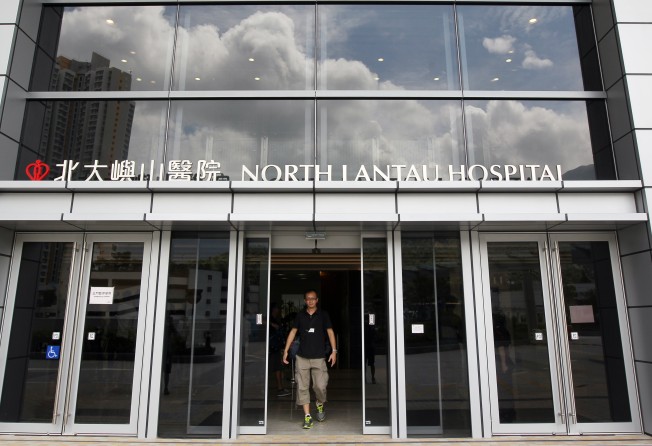A matter of life and death - why hospital guidelines in Hong Kong must include common sense

Minutes count in a medical emergency. That is why the time taken to get treatment for a man who collapsed just outside North Lantau Hospital at the weekend and later died is being taken so seriously. It is even more so given that there was a strikingly similar case at the Caritas Medical Centre in Kowloon seven years ago that highlighted shortcomings in public hospital guidelines. Only a thorough investigation will determine whether the latest incident was mishandled, but whatever the outcome, there can never be any excuse for hospitals not using common sense.
More than 20 minutes lapsed between a passer-by alerting the Tung Chung hospital to the 62-year-old man's collapse in record heat at a bus stop 30 metres from the entrance and his admission. Even then, it was a passing ambulance, not hospital medical staff, first on the scene; a security guard had gone to investigate and then contacted the emergency unit for help. While the team was gathering equipment, treatment was already being administered by the ambulance crew and the vehicle passed them before they arrived. The man died early on Sunday after being transferred to Princess Margaret Hospital.
Passing judgment without full knowledge of the circumstances is wrong. The Hospital Authority's report will provide the time sequence of events and shed light on possible wrongdoing. But it cannot determine with certainty whether the man's life could have been saved. Any number of factors, from pre-existing medical conditions to the 36 degrees Celsius heat at the time, have to also be taken into account.
Still, the incident gives cause to recall the Caritas Medical Centre case in December 2008, which sparked similar public concern. The hospital's guidelines were revised as a result of the investigation into why it took 26 minutes for a 56-year-old man who had collapsed from a heart attack outside the front gates to receive emergency-room treatment. His distraught son had rushed inside for help, but a receptionist had declined to call an ambulance, instead advising that he phone the 999 emergency number. Such action had not been listed among the receptionists' duties and it was instead a passing doctor who found the man outside who dialled for assistance.
It took the man's death for the guidelines to be reviewed and changed. Common sense could have won valuable minutes in getting treatment. Knowing how well that lesson was learned cannot be said until the results of the latest inquiry are known.